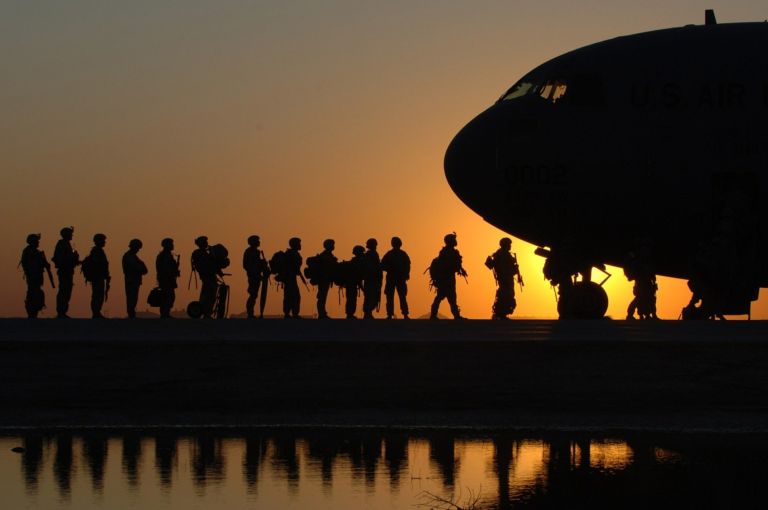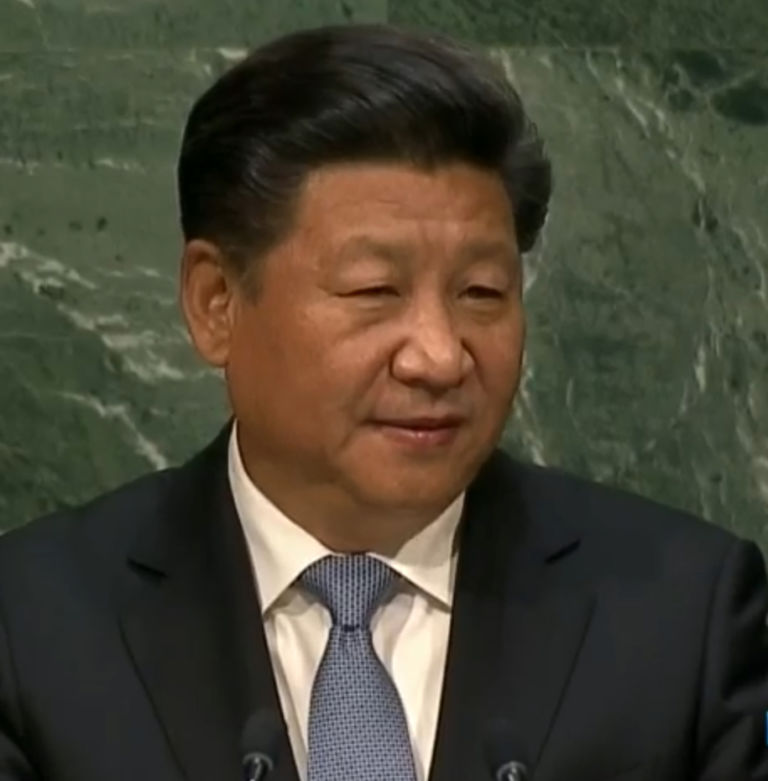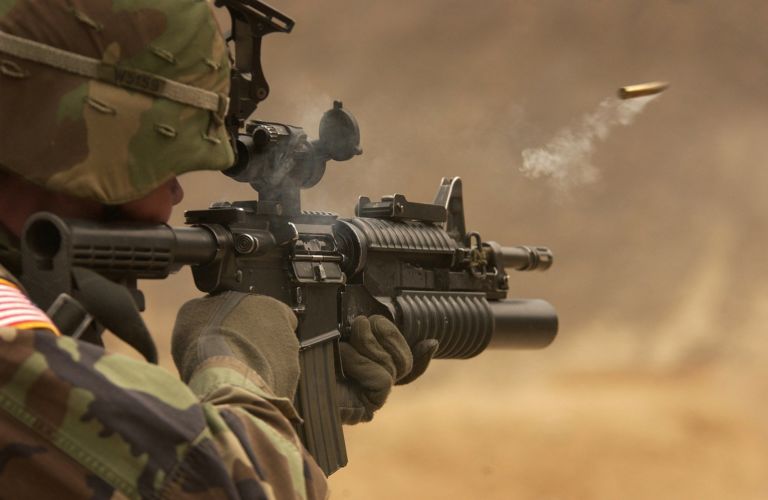Victor Davis Hanson devotes his latest National Review Online column to the controversy surrounding the Sept. 11 terrorist attack in Libya.
Supporters of President Obama have dubbed those who question administration statements about Libya as either partisans or conspiracy theorists, on the premise that the administration had no reason to dissimulate. But in fact, it had plenty of political reasons not to be candid, as the following questions make clear.
Why was the administration hesitant to beef up security at the vulnerable Benghazi consulate ahead of time, or to send in military assistance during the seven-hour attack on the consulate and the CIA annex, or at least to be candid after the attack?
The Obama reelection campaign had established a catchy narrative about foreign policy. “Leading from behind” had rid the world of Qaddafi without the loss of American lives, and had prepped Libya for the arrival of the Arab Spring, which would lead to a postbellum reform government. Barack Obama had killed Osama bin Laden and scattered al-Qaeda, dispelling slurs that he was somehow soft on Islamic terrorism. His reset diplomacy had brought a cool professional approach of quiet competency to foreign policy, consistent with a new lower-profile American posture abroad.
The idea of a preplanned hit by al-Qaeda affiliates on a vulnerable and unprepared American diplomatic post had the potential to shatter that narrative right before the election.


